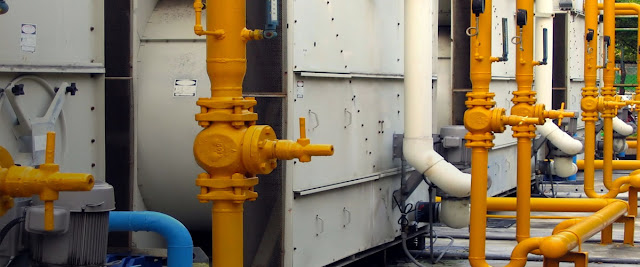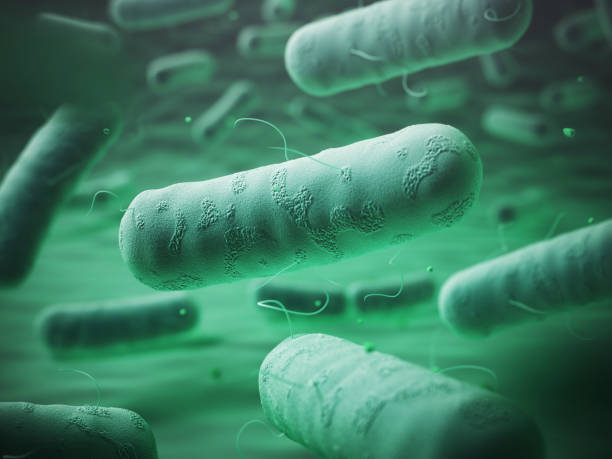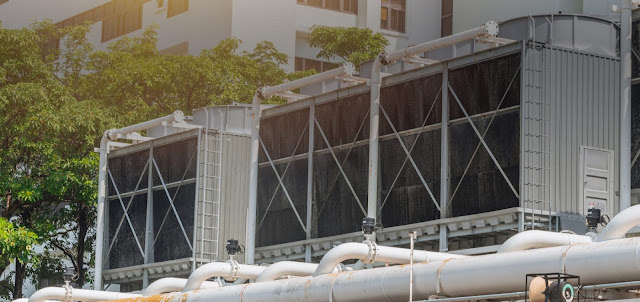Use of Cooling Tower Water Treatment Chemicals
Water treatment is vital for the proper functioning of cooling water (liquid) systems. Cooling tower water treatment chemicals help in this process.
HydroChem, Australia’s leader in commercial and industrial liquid care since 1977 has set formulated Legionella Regulations for the prevention and control of legionnaire’s disease. This 100% Australian operated and owned company has offices in every state and understands the unique needs of customers. Liquid quality maintaining services offered by such companies are:
HydroChem, Australia’s leader in commercial and industrial liquid care since 1977 has set formulated Legionella Regulations for the prevention and control of legionnaire’s disease. This 100% Australian operated and owned company has offices in every state and understands the unique needs of customers. Liquid quality maintaining services offered by such companies are:
- Legionella Risk management
- Cooling liquid treatment
- Prevention of scale and corrosion
- Boiler liquid care
- Raw liquid care
- Industrial chemical cleaning
- Waste liquid care
- Risk management consulting
- Re-use and recycling
- Liquid minimization consulting.
Cooling Tower Water Treatment
Companies using liquid storage care systems need some form of liquid treatment services to ensure an efficient process and long life of the equipment. If untreated, corrosion, scaling, fouling and organic growth can reduce plant productivity, need replacement of costly equipment and cause plant downtime.
A liquid care service for a storage system is an arrangement of technologies which remove impurities from storage system feed liquid, blow down and circulation liquid. The system configuration depends on:
- Type of cooling tower
- Chemistry of circulatory liquid
- Quality of feed liquid
- Regulatory needs for discharge
- Cycle of concentration
- Type of heat exchanger
Basic Treatment
A basic cooling tower water treatment usually includes some type of:
A basic cooling tower water treatment usually includes some type of:
- Filtration/ ultra-filtration
- Clarification
- Chemical feed
- Automated monitoring
Based on the impurities present in the liquid, any combination of such treatments might best suit the facility and make up the treatment system. So it is vital to consult with a water care specialist to ensure the right system for the specific tower being considered. Depending on the requirements of the storage system, these standard components are typically adequate. But if the fixture needs more customization like legionella water treatment, there might be technologies or features one need to add on.
Chemical Treatment
A storage system for water treatment may be made of technologies vital to regulating the level of:
- Alkalinity: It will determine the potential of the scale of calcium carbonate.
- Hardness: It contributes to scaling on heat exchangers and liquid storing facilities.
- Chlorides: They can be corrosive to metals; various levels may be tolerated based on materials of equipment and liquid storing facility.
- Iron: In combination with phosphate, iron can foul equipment.
- Silica: It is responsible for causing hard scale deposits.
- Organic matter: It promotes the growth of microbes that can lead to system issues like corrosion and fouling.
- Silica: causes hard scale deposits.
- Total Dissolved Solids (TDS): They contribute to corrosion/ foaming/ scaling.
- Sulphates: Like chlorides, they are highly corrosive to metals
- Total Suspended Solids (TSS): These are un-dissolved contaminants that may cause corrosion/ bio-films or scaling.
Working of Cooling Tower Water Treatment
As per Legionella Regulations, this involves the following processes:
- Make-up water intake of the liquid storing system
- Filtration and ultra-filtration
- Water softening/ion exchange
- Chemical addition: corrosion inhibitors (e.g. Bicarbonates), Biocides (e.g. Bromine) and Scale inhibitors (e.g. Phosphoric acid).
- Blow down treatment
- Side stream filtration
These are all aspects of water treatment of cooling tower systems.



Comments
Post a Comment